I have a confession to make, and it’s one that would have gotten me mercilessly mocked in certain heavy metal circles circa 1988: I genuinely, unironically love Poison’s “Open Up and Say…Ahh!” There, I said it. My metal credibility is now officially in tatters. I’ll be turning in my battle vest and my subscription to Kerrang! by the end of the business day.
Here’s the thing, though—I was already a confirmed thrash metal devotee when this album dropped. I owned every Metallica, Megadeth, and Slayer release. I had strong opinions about the production quality of Exodus’s “Bonded By Blood.” I’d written impassioned defenses of Testament’s guitar work in my DIY zine. By all accounts, I should have hated Poison with the burning intensity of a thousand suns, as was required by the unwritten but strictly enforced metal tribal code of the late ’80s.
But I didn’t. And I’ve spent the better part of three decades figuring out why this album, of all things, managed to punch through my studded leather armor of metal elitism.
It started innocently enough. I was working at Tower Records in the summer of ’88 (a job I took primarily for the employee discount and the advance access to new releases). One particularly slow Tuesday afternoon, my manager, Dave—a guy who looked like he’d wandered out of a Ramones concert in 1977 and just kept walking until he found employment—decided to torture the staff by playing what he called “corporate hair bullshit” on the store stereo.
“This,” he announced, slapping Poison’s new album onto the turntable, “is what’s killing rock and roll.” Dave had a flair for the dramatic.
The familiar opening riff of “Love on the Rocks” filled the store, and I prepared myself for 45 minutes of ironic eye-rolling and performative disgust. Except… I didn’t hate it. In fact, by the time track two, “Nothin’ But a Good Time,” kicked in, I was actively enjoying myself, a fact I disguised by intensely reorganizing the Frank Zappa section while secretly tapping my foot.
When my shift ended that night, I did something that still feels vaguely treasonous to admit: I bought the album. I remember glancing around furtively as I slid it across the counter to my coworker, as though I were purchasing something considerably more embarrassing than hair metal. I buried it between copies of Venom’s “Black Metal” and Celtic Frost’s “To Mega Therion,” as if their extreme metal credibility might somehow rub off through osmosis.
Back in my apartment, I waited until my roommate—a die-hard Black Flag fan who judged musical taste with the severity of a Spanish Inquisitor—had left for his night shift before carefully placing the needle on the record. And then I did something truly subversive: I turned it up and enjoyed the hell out of it.
Here’s what I realized then, and what became even clearer with each subsequent listen: “Open Up and Say…Ahh!” is one of the most perfectly crafted party rock albums ever made. It’s not trying to be profound. It’s not trying to change your life or challenge your perceptions. It’s trying to give you 43 minutes of pure, uncut good time, and it succeeds with almost scientific precision.
Take “Nothin’ But a Good Time,” which might be the most honest song title in rock history. From the moment that opening riff hits, it’s a straight shot of musical dopamine—a perfect, three-chord celebration of hedonism delivered with such gleeful enthusiasm that resistance is futile. C.C. DeVille’s guitar work is often dismissed as simplistic by the shred-obsessed, but that main riff is functionally perfect—instantly recognizable, impossible not to bob your head to, and containing just enough crunch to satisfy even a hardened metalhead like myself.
Then there’s “Fallen Angel,” which smuggles a surprisingly nuanced small-town narrative into what’s ostensibly just another rock anthem. The girl coming to L.A. with dreams of stardom, only to find herself “dancing in that smoky place” and calling home to lie about how well she’s doing—it’s practically Bruce Springsteen territory, just delivered with aqua net and spandex instead of a denim jacket and bandana.
The album’s most famous track, “Every Rose Has Its Thorn,” has been so thoroughly absorbed into the cultural ecosystem that it’s easy to forget what a perfectly constructed power ballad it is. Starting with that simple acoustic figure (which legend has it Bret Michaels wrote in a laundromat while calling his stripper girlfriend, only to have another man answer—rock music is nothing if not sophisticated), it builds with almost architectural precision into a chorus that somehow manages to be simultaneously melancholic and fist-pumpingly anthemic. It’s manipulative musical engineering of the highest order, and I admire the hell out of it.
What sets “Open Up and Say…Ahh!” apart from its hair metal contemporaries isn’t technical wizardry or lyrical depth—it’s the palpable sense of fun that permeates every track. These guys sound like they’re having the time of their lives, and that joy is infectious. While bands like Mötley Crüe were leaning into a darker, more menacing brand of hedonism, Poison maintained an almost innocent exuberance, as if they couldn’t quite believe their luck at getting to be rock stars.
This quality is particularly evident on “Look But You Can’t Touch,” a song so cheerfully, stupidly horny that it loops back around to a kind of charming naivety. The band sounds like they’re grinning from ear to ear throughout the track, and it’s that lack of pretension—that willingness to be exactly what they are without apology—that ultimately won me over despite my thrash metal prejudices.
Even the album’s original cover art, with the demon-tongued woman that caused such pearl-clutching among retailers that it had to be censored, feels more playfully provocative than genuinely transgressive. This wasn’t Cannibal Corpse traumatizing the unwary with graphic dismemberment; this was a cheeky visual double entendre perfectly in keeping with the album’s party-time ethos.
But perhaps the most remarkable thing about “Open Up and Say…Ahh!” is how it’s aged compared to some of its contemporaries. While certain late-80s metal albums have calcified into period pieces, frozen in their specific cultural moment, Poison’s sophomore effort still feels remarkably listenable. There’s a timelessness to tracks like “Nothin’ But a Good Time” and “Fallen Angel” that transcends their era’s fashion excesses and production quirks.
Part of this is undoubtedly due to the band’s unapologetic embrace of classic rock and roll structures. Strip away the hairspray and spandex, and songs like “Bad to Be Good” aren’t that far removed from the Rolling Stones or early Aerosmith—straightforward, riff-driven rock that prioritizes hooks and energy over complexity or innovation. This adherence to fundamentals has allowed the music to remain vital even as the scene that spawned it has become a punchline.
When grunge arrived like a flannel-clad asteroid in the early ’90s, wiping out the hair metal dinosaurs almost overnight, Poison became an easy target—the poster children for everything the new rock paradigm positioned itself against. Yet there’s something almost admirable about how completely they embodied their moment, how fully they committed to their brand of good-time rock and roll without hedging their bets or trying to appear deeper than they were.
Kurt Cobain famously proclaimed that the great enemy wasn’t mainstream pop but the fake rebellion of hair metal. And while there’s validity to that critique in many cases, I’ve always felt that Poison was somewhat unfairly lumped in with bands making far more pretentious claims to authenticity or depth. Poison never pretended to be revolutionaries or poets—they were a party band, full stop, and they delivered on that promise with remarkable consistency.
I found my old vinyl copy of “Open Up and Say…Ahh!” while reorganizing my collection a few years back. The sleeve was worn at the edges, the record itself bearing the inevitable pops and crackles of a well-played album. On a whim, I put it on, half-expecting to cringe at my younger self’s secret musical indulgence.
Instead, I found myself grinning as those familiar chords rang out. In a year that had been particularly heavy with personal and professional stress, “Nothin’ But a Good Time” hit with the same euphoric rush it had in that record store decades earlier. By the time “Fallen Angel” came around, I was playing enthusiastic air guitar in my living room, much to the amusement of my girlfriend, who walked in to find a middle-aged music journalist leaping around like a teenager.
“I thought you were a metal guy,” she said, eyebrow raised as I executed a particularly ambitious jump off the coffee table.
“I contain multitudes,” I replied, slightly winded. “Sometimes those multitudes include C.C. DeVille solos.”
That’s the unexpected legacy of “Open Up and Say…Ahh!”—it’s an album that reminds you that music doesn’t always have to be challenging or profound to be worthwhile. Sometimes it just needs to make you feel good for 43 minutes. In a musical landscape that often equates merit with complexity or depth, there’s something almost revolutionary about an album so wholeheartedly dedicated to uncomplicated pleasure.
I’ve interviewed my share of “serious” musicians over the years—progressive metal virtuosos who can play in seven different time signatures simultaneously, avant-garde experimentalists pushing the boundaries of what constitutes music, black metal artists with elaborate philosophical frameworks underpinning their creativity. I respect them all immensely. But there’s a special place in my musical heart for Poison’s second album—for its unpretentious enthusiasm, its shameless commitment to a good time, and its perfect distillation of what made rock and roll appealing in the first place before we all got so serious about it.
In 2019, I had the opportunity to briefly interview Bret Michaels before a show. Knowing I’d likely never get another chance, I confessed my long-standing appreciation for “Open Up and Say…Ahh!” despite my thrash metal credentials. Rather than the defensive response I half-expected (I’ve interviewed enough artists to know how sensitive they can be about their legacy), he just grinned and said, “Man, that album was exactly what we wanted it to be—a fucking good time from start to finish. No apologies.”
No apologies indeed. In a musical universe that often prioritizes complexity over accessibility and coolness over joy, “Open Up and Say…Ahh!” stands as a reminder that sometimes the most rebellious thing you can do is simply have fun without worrying about whether you’re supposed to or not. In its own way, that might be more authentically rock and roll than a thousand technically impressive thrash albums.
So yes, I’m a lifelong metal devotee who can argue passionately about the relative merits of Teutonic thrash versus Bay Area thrash, who has strong opinions about blast beats and tremolo picking, who once almost got into a fistfight defending Celtic Frost’s experimental period. And I unabashedly love Poison’s “Open Up and Say…Ahh!” without a trace of irony or qualification.
Maybe that’s the album’s greatest achievement—it’s so good at what it does that it can convert even the most committed metal elitist, at least for 43 minutes of nothin’ but a good time. In a genre that made fun illegal and turned self-seriousness into a competitive sport, that’s nothing short of miraculous.
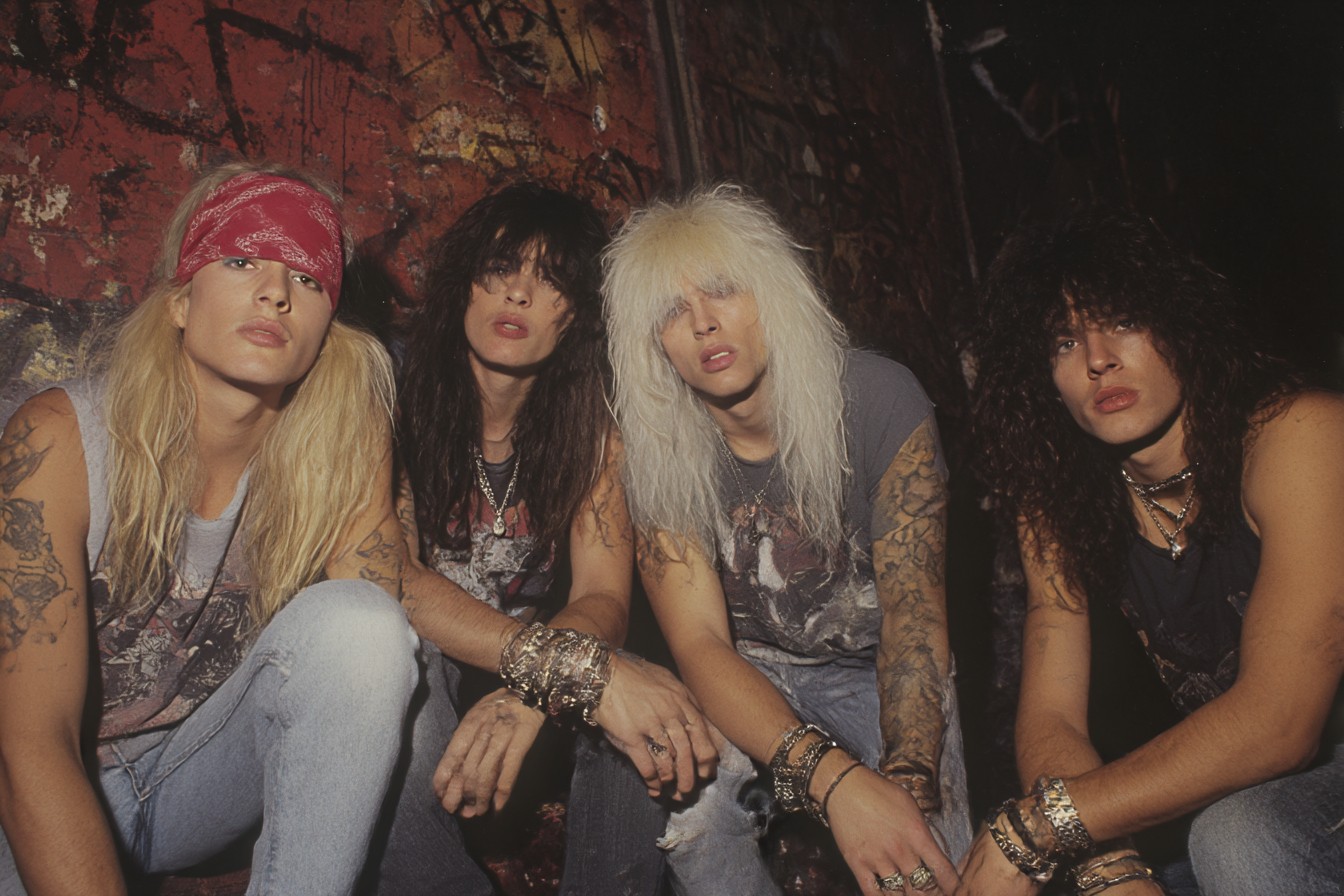
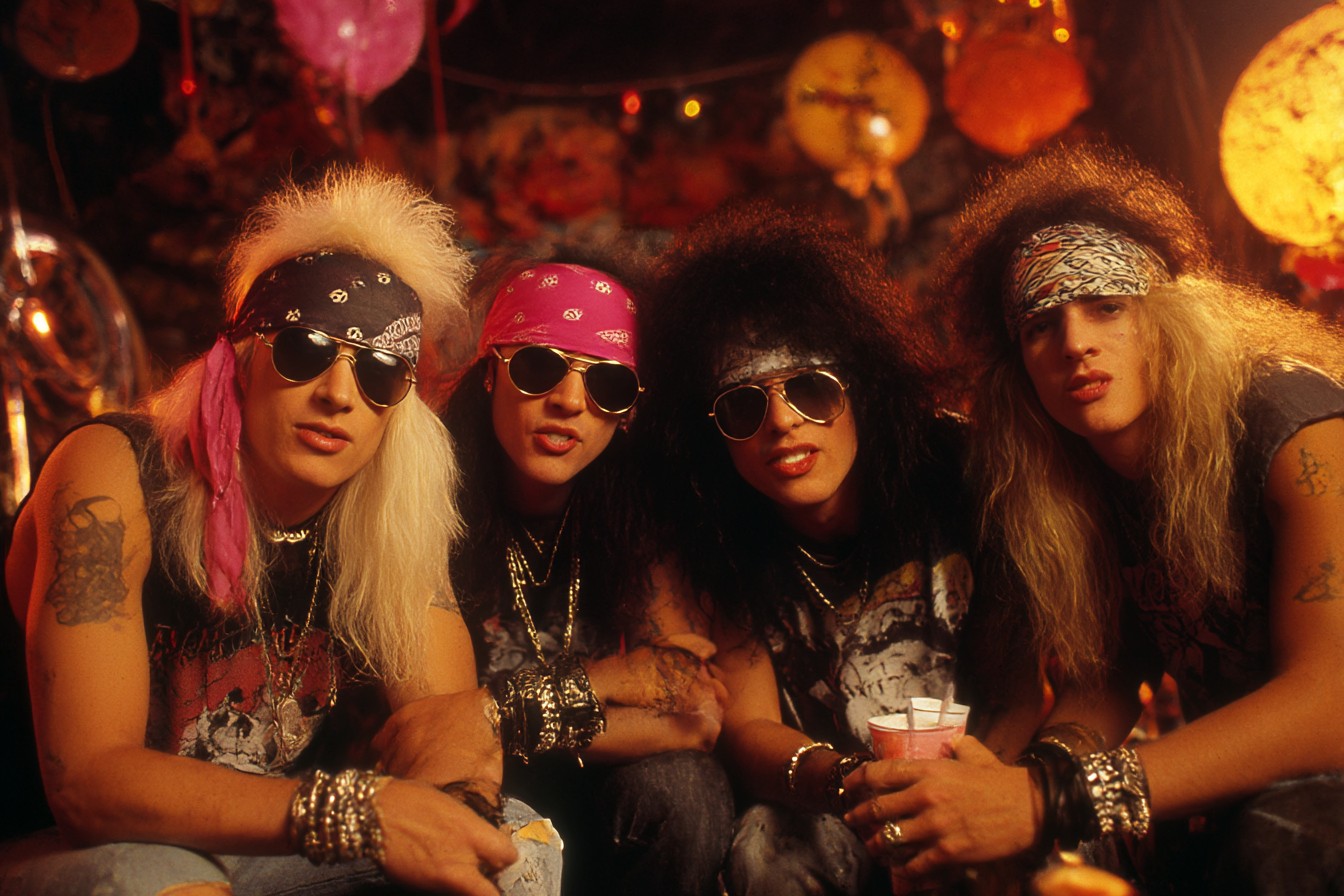
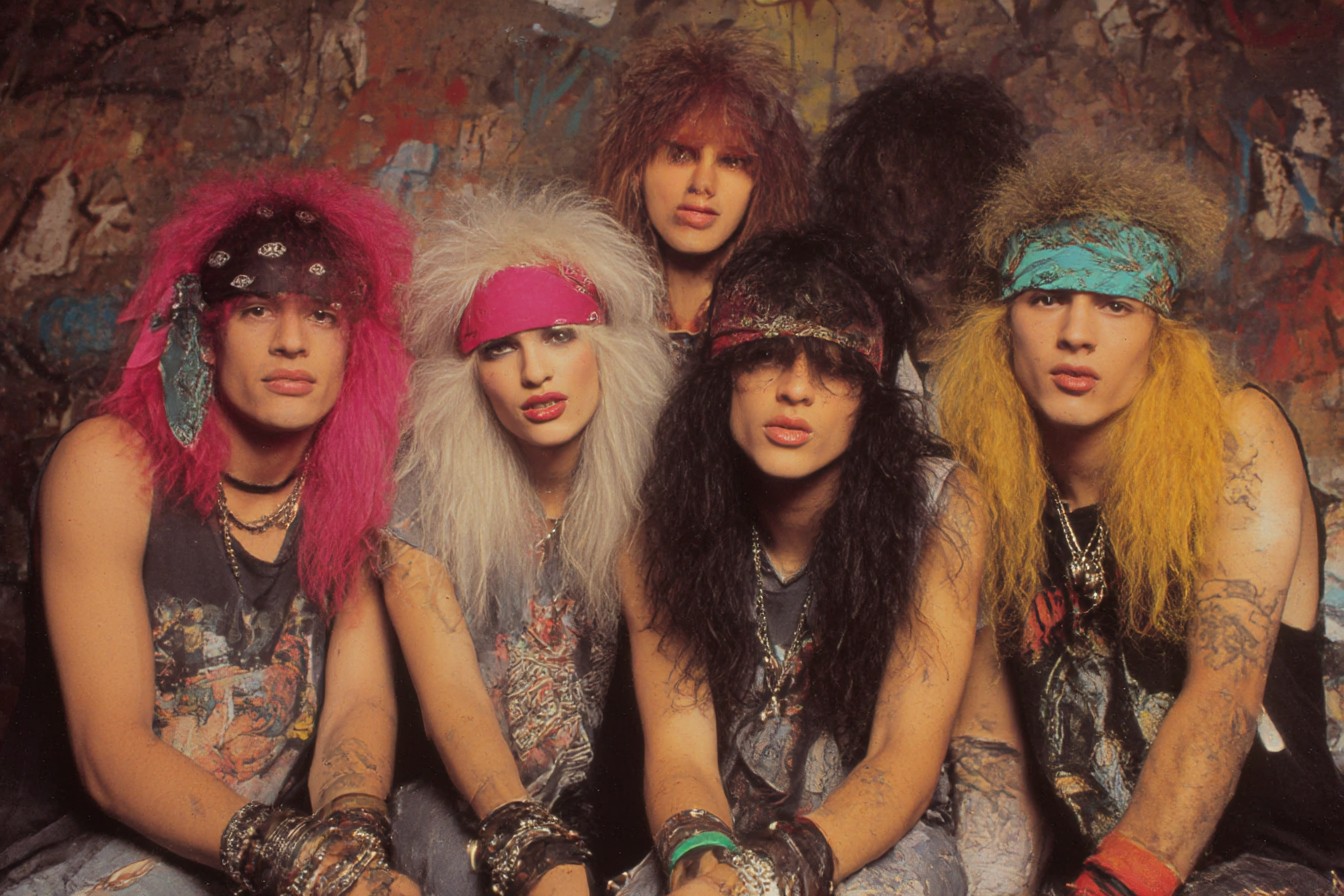
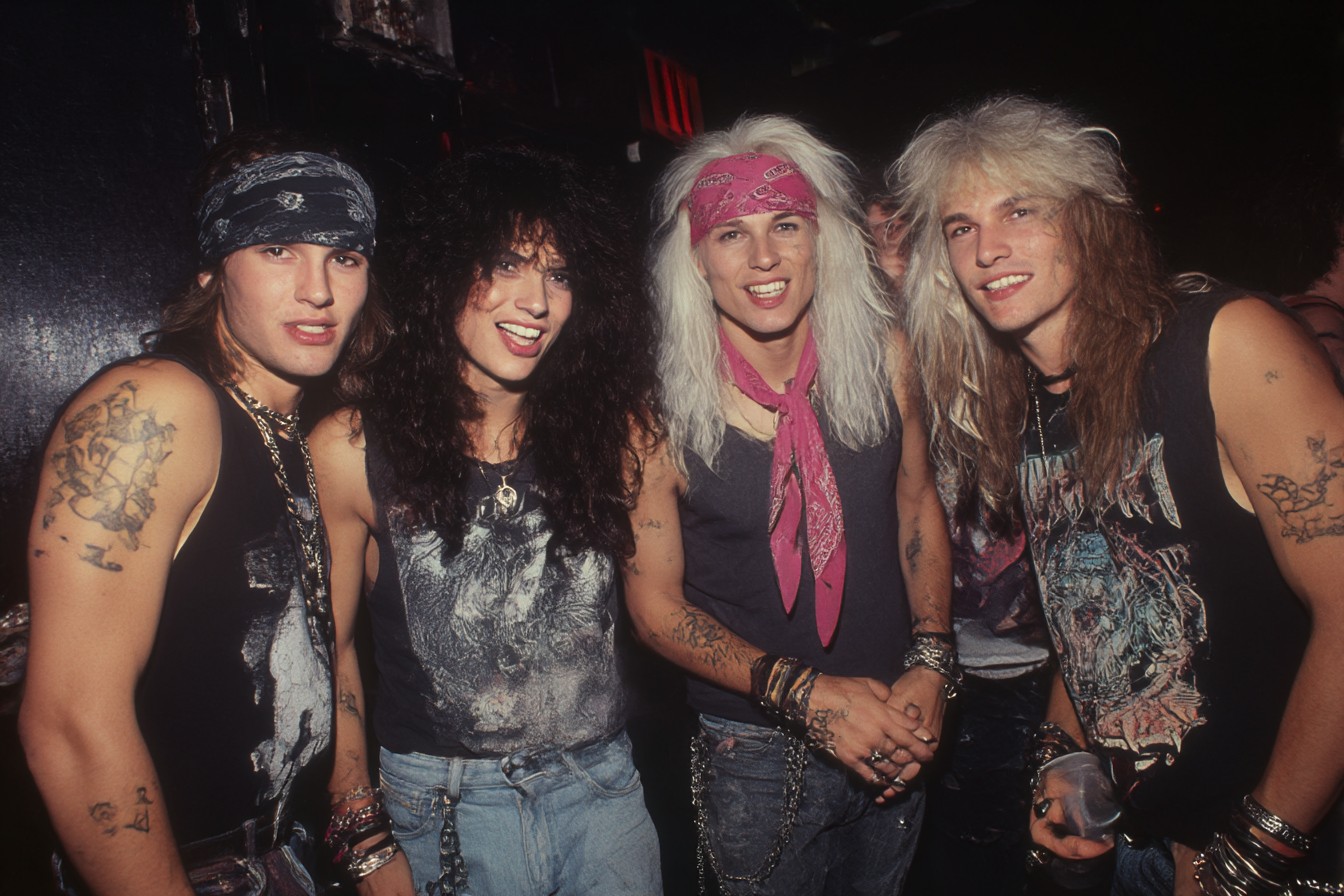

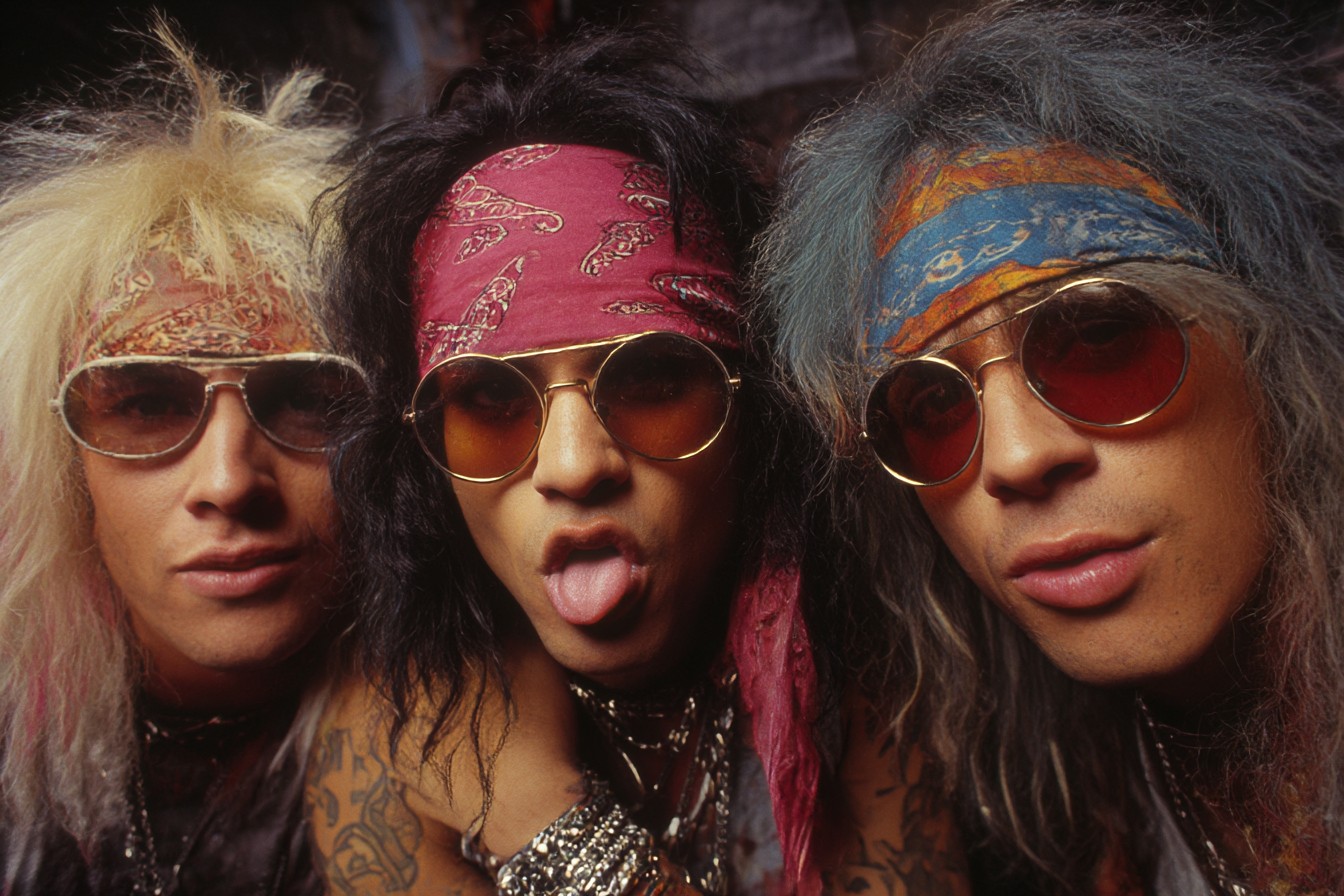
Leave a Reply